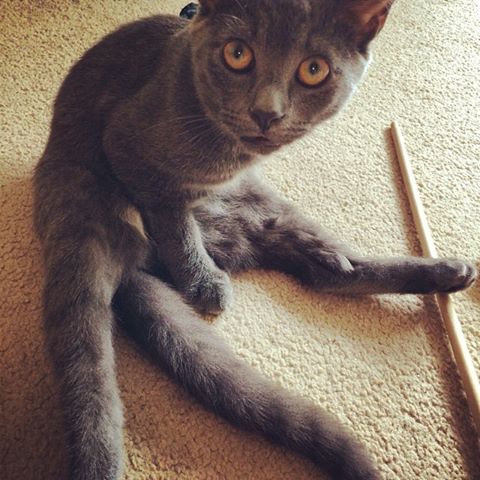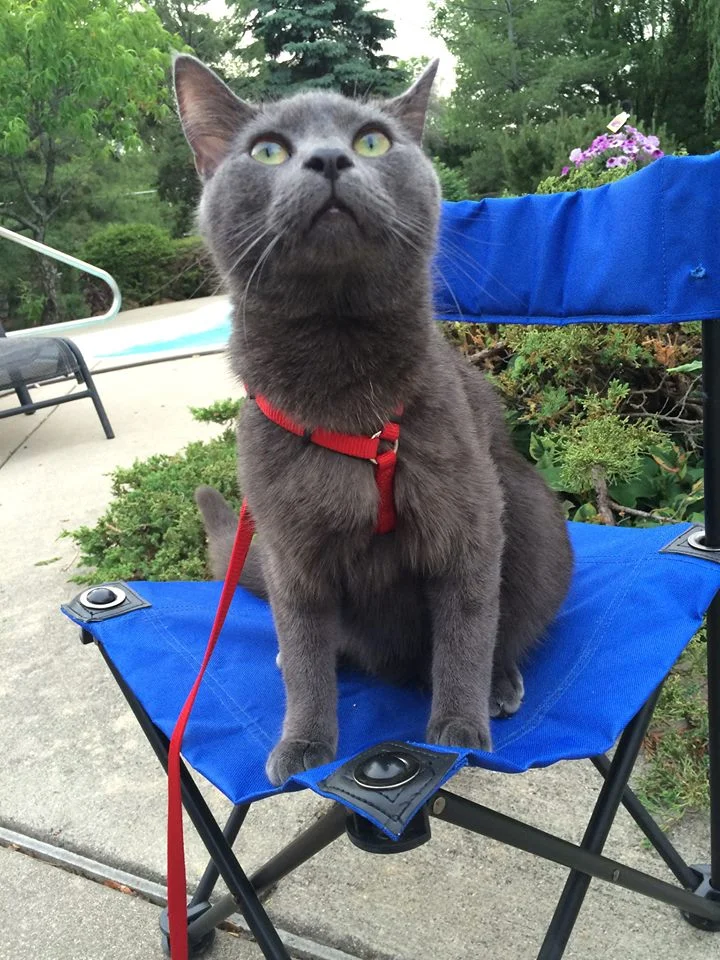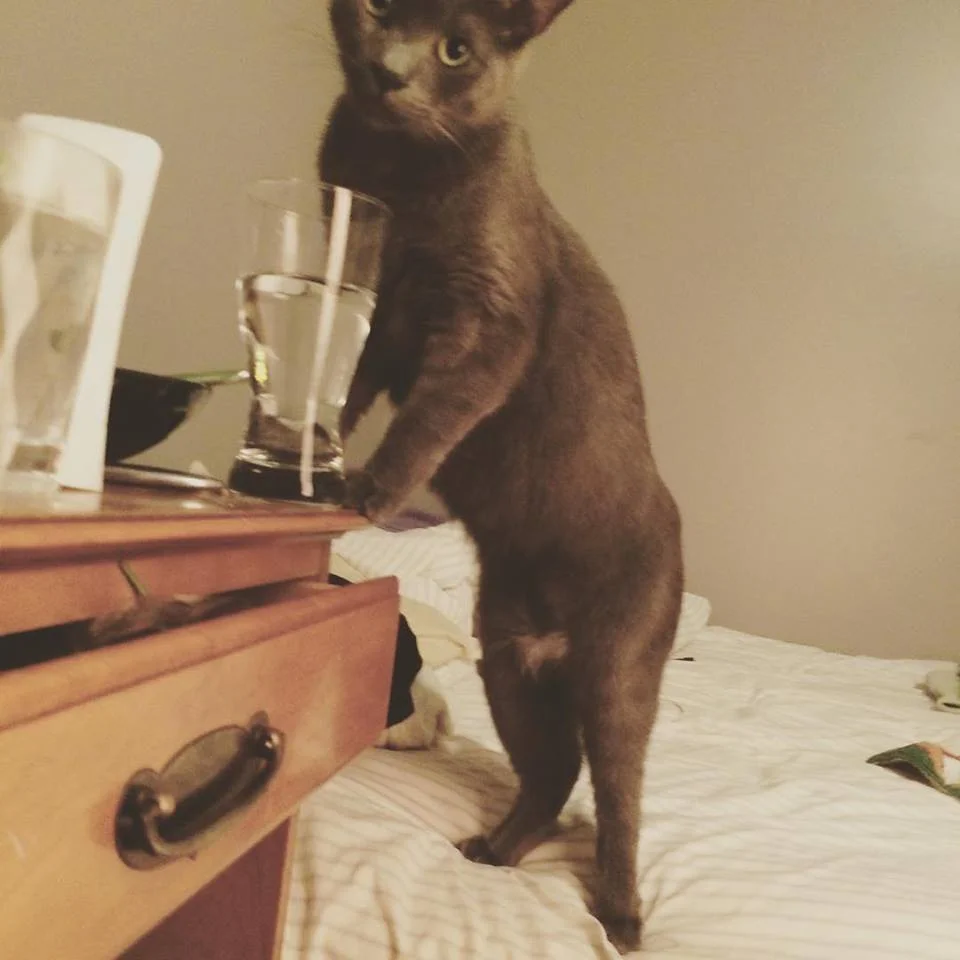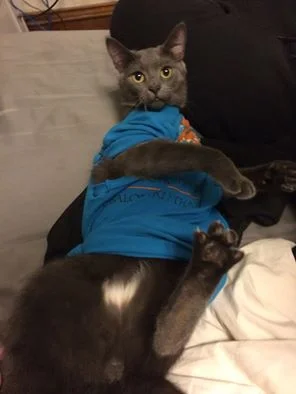Last Sunday I attended an in-person workshop called “Big Work” at my local writing center (and if you can find workshops at your local writing center, then please go! I don’t know why I waited so long to do this). The goal of this particular workshop was to talk about novel-length projects, whether fiction or nonfiction, and some tips and tricks for getting them done. It was awesome and I certainly learned a lot.
But the biggest light bulb moment that came for me though wasn’t some magic trick for sitting down and actually doing the damn writing. It was actually about reframing the way I think about the process altogether.
As a pre-homework assignment, we were asked to think about the way we tackle “big things.” The goal was not to think about creative work, but other life events: welcoming a new pet or baby into the home, moving to a new place, planning an event. The overarching questions: How do you approach “big things” and what can you learn from your process?
I started thinking about the biggest creative things I’ve completed thus far. That list includes:
a NaNoWriMo novel (that is forever lost to the interwebs, and that’s a good thing)
a self-published book as my high school thesis
a collection of short stories for my undergraduate thesis
All in all, this seemed to be a good collection of “big things” to draw inspiration from when figuring out just how the heck I was going to write this novel I want to write.
But even though these things provide proof that I can do this, evidence that I am capable of tackling a novel (which is certainly necessary and helpful to boost my confidence), they don’t seem to accurately reflect how I go about “big things”. They don’t speak to my systems or determine what my process is.
When I think back to these times, the act of doing the damn thing is preserved in my mind as easy, organic, simply sitting down and doing it. And that’s not fair. My past selves are NOT more talented or disciplined or natural at completing a project compared to me now. If anything, I must be in a more capable place (more educated, more motivated, more excited) than I’ve ever been, right?
So I recalled a non-creative project: my recent move to a new apartment
This was a “big thing,” as moving always as. And it was coupled with the fact that our “stuff” was all over the place—my mom’s house, in a storage unit, in my car. Additionally, even though my boyfriend and I were moving back home to the city we grew up in, we didn’t know what part of the city to live in. We were young apartment-seekers, inexperienced (looking for apartment #2) and lacking knowledge (do we want to live on the east side or the west side? Or does it matter?).
My first step was an insane amount of research. I’m definitely one of those people who feels the need to absorb everything first, to the point of overload, to the point of obsession. I went through the typical “first apartment checklists” and “moving guides,” then research on the city itself. I calculated distances to work and favorability among people my age. I know I’ve reached my capacity when I stop actually reading things, but still know what they’re saying. I usually end up bleary-eyed and brain-melted, ready to do ANYTHING besides continue to research what I’ve been researching.
Then we tested out options. We set logical parameters—these certain suburbs, must have dishwasher, would prefer balcony—and then let emotional gravity pull us one way or the other. In the case of the apartments, we toured several that were stark contrasts of each other and in opposite locations.
When we finally found an apartment that met our needs logically and pulled our hearts emotionally, I got overwhelmed by fear. I wondered if this was the right one, or more likely, if this was the wrong one. If there was a better option out there. If we should quit looking, go back to the drawing board, set new logical parameters, and re-research the area. I was scared.
But we leaped over that fear, took the plunge, signed the lease, moved in. And it was the best decision at that time.
To confirm this process, I considered another non-creative decision: adopting my cat, Oscar.
When I decided to adopt my cat, Oscar, it wasn’t a decision that came out of the blue. For the first three years at undergrad, I had been dreaming about my own pet, but unable to act on it because of external circumstances. (Cats aren't allowed in dorms, one of the saddest things of college). His name had been decided three years before he was even born, named after a character in a book I’d fallen in love with (Junot Diaz's The Brief Wondrous Life of Oscar Wao), and I was just waiting until I could make my dream a reality.
When the time was right enough (meaning, I had moved out of dorm life and into my first apartment where cats were allowed), I began researching furiously. I read about different breeds: which were good for apartments, which didn’t mind traveling in the car, which were loving and cuddly, but fine with being independent. I determined a Russian Blue would be conducive to my lifestyle. Then I researched cat ownership, the best brands of cat food, and even weird cat tricks like teaching them to walk on a leash and use the toilet instead of the litter box (neither of which Oscar will ever be interested in). When I exhausted my research, bleary-eyed and brain-melted from information overload, I began to look for him.
I knew I wanted to rescue a shelter cat, so I searched through pages and pages of pictures of adorable fur babies looking for my perfect little guy. So many of them pulled at my heart strings and were so almost the right one. But once I saw his picture, I knew. He was a small tuff of gray fur with a too-big red collar and beautiful eyes more focused on anything besides getting his picture taken. He was sitting like any other cat, but his posture didn’t have the fear or anxiety that many of the other cats had. They had named him “Templeton,” an awfully big name for a baby kitten, barely 12-weeks-old. I went to see him the next day.
Oscar's baby picture. If this is not the cutest thing you ever did see then I don't what is.
If you’ve ever been to an adoption shelter, you can tell the cats know what’s going on. They all put on smiles, act adorable, mew constantly. They fight for attention, wanting YOU to take them home. But not this one. My cat wanted to scratch the post, lazily walk across the floor. He had no idea I was even there, and here I was, hoping it would be a “love-at-first-sight best-friends-forever" kind of thing. I became paralyzed and overwhelmed by fear. What if I’d been wrong? What if he wasn’t the one? What if this one didn’t love me? I got him to play with a feather toy briefly, then he curled up and went right to sleep on the floor.
I walked out uncertain, but I went with my decision. I would adopt this “Templeton” and hope he was my Oscar. I pressed past all my fears and doubts, finalized my decision, and moved forward with it.
Of course, I hadn’t chosen wrongly. I couldn’t have asked for a more perfect cat, to be honest. And he loves me so unconditionally that I know I’m perfect for him too.
In both of these situations, I followed the same pattern
My process for going about “big things” is the following train of events:
I research too much. I become an expert on the topic in question.
I set logical parameters for what I want. I test out these options with logic.
I let emotional gravity make the decision.
I become paralyzed with fear. I worry that I’m making the wrong decision, or if something else could be better. I question everything and wonder if I should start again from square one or abandon it all.
I make peace with where I’m at. I take the plunge, finalize the decision, and move into action. At this point, things begin to happen, and they happen naturally, simply unfolding before me so I can keep moving forward.
I tested this method in other big-thing decisions and it holds true. I found evidence of it when starting this blog, getting a new job. and a variety of other big projects in my life.
Is it a good process? Not necessarily. If I could remove step 4, the whole fear part of the process, things would certainly go a lot smoother. But, at this point in time, that fear aspect exists. And I conquer it, move past it, time and time again. It's a natural part of how I approach big things. I can't try to change it; I need to just respect it for what it is.
So, when looking at my approach to the novel I'm working on, I can apply this process as well.
I've googled "how to write a novel" a bajillion times.
I've set logical parameters for getting the work done in a timely manner.
I emotionally decided which story to pursue right now.
And now I've hit the fear stage.
I play out tons of "what if" situations in my head. What if this isn't a good story? What if I should be writing something else? What if nobody likes this story? What if I don't like this story? What if this is a waste of time? What if I don't know enough about writing a story to actually write one? What if I can't finish this story? What if I DO finish this story? What if?
The fear aspect sucks. And if you let it control your thoughts, you'll stay paralyzed forever.
But how do you move past it?
For me, I just have to dive in and do the damn thing. That means, I have to get out of my head, sit down, and write the story. I must ignore the what-ifs, move away from be paralyzed by fear, and just do it. Perhaps it'll be a good decision. Perhaps the story will suck. But even if it does suck, I will have learned something in the process, won't I?
There's no way to predict the future. There's no way to know if this story is going to be amazing or awful, if people will love it or hate it, if I will love it or hate it. The only way to know is to do it, and then figure it out as I go.
So I'm taking the plunge, committing to this story, and finishing it. That's the next step in my process.
And then somehow, in my attempt to write this novel, I ended up back at step 1. I've been researching uncontrollably "how to end a novel" because that fear is sneaking up on me and making me question my decisions.
What do I do about it?
A lot of research: Done.
Logical parameters: It must be like this and definitely not like that.
Emotional gravity: I kind of like this version right now.
Fear: AHHH. Let's just not write this novel, okay? WRONG.
I must move forward. Make a decision. Write the ending. Hope that it's the best one. And if not, we can go back to step #1 and try again.
What's fascinating to me is that this process is going to come continually in my writer's journey. With this novel it's already come up in the decision to commit to the thing and begin writing as well as in plotting how it should end. I'm sure it will appear as I begin to query agents, when I'm about to publish, when I settle in to conquer the next novel... This isn't something that is just going to go away.
But highlighting this process, knowing personally how I work, illuminates what I need to do to move forward.
If you're feeling stuck with your creative project:
Consider your process for approaching big things. How do YOU approach big things? Perhaps your process is similar to mine. Perhaps it's completely different. It doesn't matter what it is at this point. What matters is that you identify it and use it as a tool to help you move forward.
Here are 3 steps to help you uncover your own process and get writing again:
1 | Answer: How do you conquer "big things"?
Take a non-creative situation, a "big thing," and consider what steps you take to complete it. Do this for a couple different "big things" if you can. Dive into the details. What did you feel at each moment? When did you feel energized, paralyzed, motivated, scared? And what did you do about it? Try writing a couple different mini-essays of sorts that explain what you did—like I did for the case of the apartment hunt and the case of finding Oscar.
2 | Determine YOUR process
Once you have some examples to work with, look for patterns. Is there a logical progression from how you felt at the beginning, middle, and end? Are there elements - whether you like them or not - that happen consistently when you tackle big things? What is YOUR process for going about things? Make a list of the steps that you consistently take.
Your process may not be a good one. I wish I didn't have the "fear" step, but I do. Right now, we're not creating a new, better process. We're only identifying what you do, what has worked for you in the past. We're respecting the process as it is. And to do that, you have to be honest, whether you like it or not.
3 | Apply it to your current WIP
Look at how you've previously approached your work-in-progress. Consider everything you've done up to this point. Does it align with how you approach big things? Are you on track?
Then, consider where you're at in your process right now. What emotions are you feeling right now in your project? Do they align with certain elements in the steps you've identified? Where are you in your process? And most importantly, what is the next step?
Take that step. Move forward. Get writing.
Considering how you approach "big things" in a non-creative fashion can help illuminate how your brain works. Sometimes, we just need to reflect on how we think, how we work, and then take it back our writing lives. Accept your process for what it is and get back to your story.
Happy Writing!
♥
What is your process for conquering "big things"? Think about what you know about your process—apply it in other scenarios—and then take it back to your creative work. Is there something you can identify about your process? How can this knowledge help you move forward with your current work-in-progress?



















